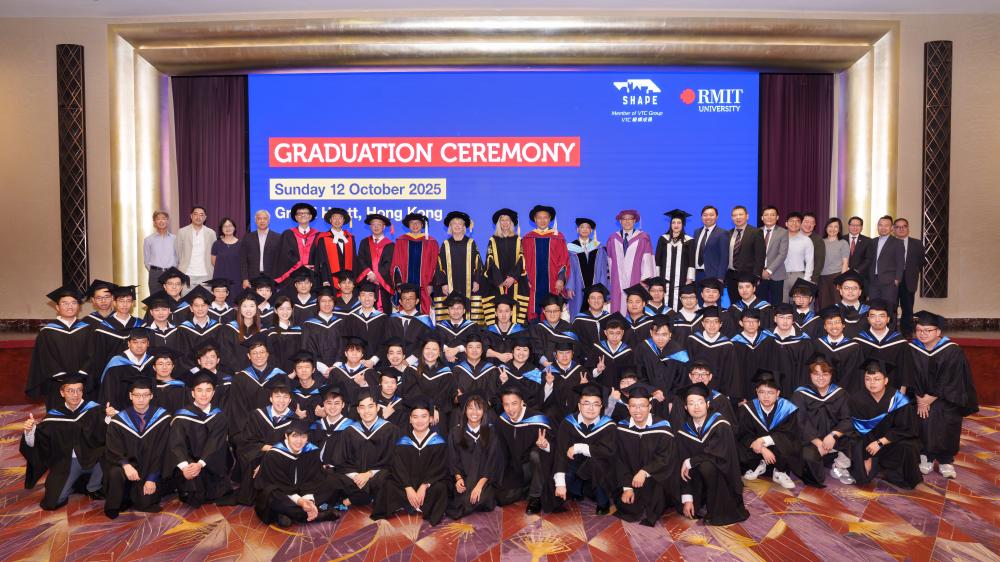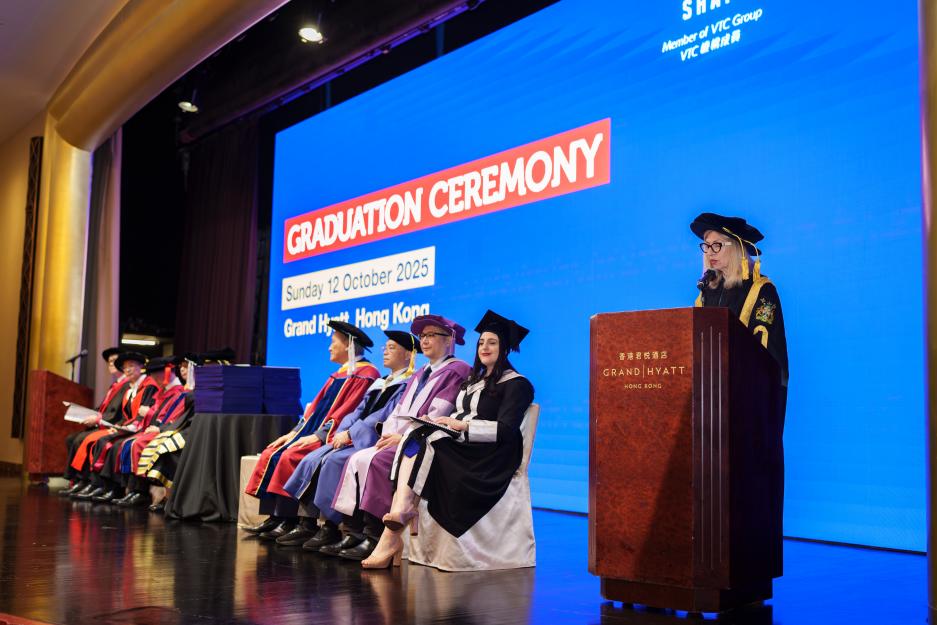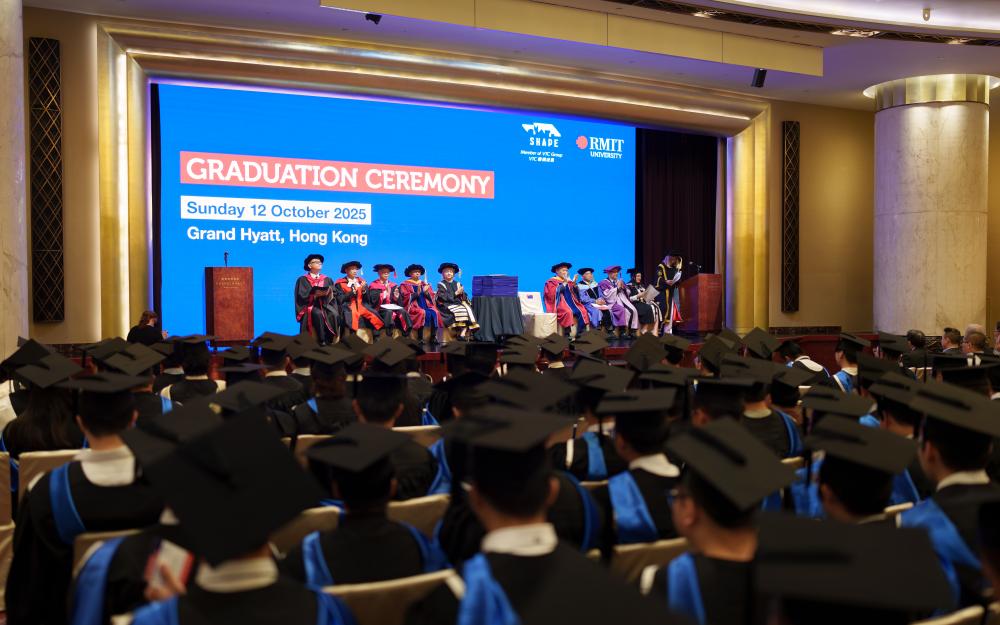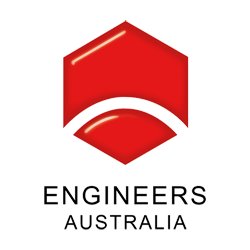Bachelor of Engineering (Electrical Engineering) (Honours)
FT: 24 months
PT: 36 months
IntroductionThis Electrical Engineering programme enables you to design, develop and supervise the manufacture, installation, operation and maintenance of electrical systems. You will also work on systems for the generation, distribution, utilisation, and control of electric power and electronic systems. |
Programme Features
Globally accredited qualification by professional bodies
This programme is fully accredited by the Hong Kong Institution of Engineers (HKIE) and Engineers Australia. Students are eligible for Engineers Australia membership, with the qualification recognised by all 18 countries that are signatories to the Washington Accord, including include the USA, UK, China, New Zealand, Japan, Korea and Singapore.
Diversifying teaching methods
The programme is delivered in full-time mode over 6 trimesters and part-time mode over 8 trimesters, through a combination of face-to-face intensive workshops, weekly tutorials, laboratory sessions and online components by both RMIT and SHAPE teaching staff.
Employable graduates
Our graduates are highly sought-after in the industry. According to the Employment Survey of Graduates of Year 2022 and 2023 for full-time programmes, 97% and 90% graduates were employed upon graduation. Our past graduates have been employed as Engineer and Technician by MTR Corporation Ltd. and Modern Terminals Ltd., etc.
Courses^
- Communication Engineering I
-
This course introduces both elementary and modern forms of Communication Engineering. Communication engineering can be defined as the reliable transmission and reception of information.
- Control Systems
-
This subject will introduce you to the principles and practice of feedback control systems, and outlines their role in modern society. You will learn about dynamic system modelling and controller synthesis as two key elements in the development of a modern control system, and the subject will emphasis the usage of transform theory to facilitate both of these elements. This subject will also introduce techniques for the practical implementation of the synthesised controller.
- Electrical Energy Conversion (CEF Module)
-
 (CEF Code: 36Z121605)
(CEF Code: 36Z121605)The course introduces you to the principles of conversion of electric power from one form to another, e.g. from DC to AC of variable frequency. The most common power electronic systems used for such conversion are the main topics of the course, with the focus on the principle of operation of each system, the basic design calculations and practical applications. You will have an opportunity to test each system in the laboratory the fundamentals presented in this course will assist you in range of further studies, including Variable Speed Drives, Switched Mode Power Supplies, Renewable Electrical Energy Systems, Power Electronic Converters, etc.
- Electrical Plant (CEF Module)
-
 (CEF Code: 36Z121613)
(CEF Code: 36Z121613)The course develops the analysis of balanced three-phase systems and its application in predicting the performance of power devices such as transformers, induction motors and synchronous machines. This includes basic principles of motor construction, various modes of operation, and their role in electrical drives for various industrial applications. In addition, the course deals with the safety aspects of installations and enhances the awareness of possible adverse effects of electro-technology on the environment.
- Engineering Capstone Project Part A
-
This course is the first half of a research and development (R&D) project that comprises two sequential courses (Part A and Part B) and is the capstone for all engineering programmes within the School of Engineering. In this culminating academic experience, you will apply your technical knowledge and further develop your research, design and professional engineering skills. The authentic project maybe industry based and focuses on producing well-managed practical and pertinent solutions to either discipline specific, or cross disciplinary engineering problems, through robust research and established engineering design processes.
- Engineering Capstone Project Part B
-
This second half of the Capstone engineering research and development (R&D) project concludes a culminating experience that applies your technical knowledge, research, design and professional engineering skills. It maybe industry based and aims to produce a well-managed practical and pertinent solution to either discipline specific, or cross disciplinary engineering problems, through robust research and established engineering design processes
- Engineering Design 3
-
Through studying “Engineering Design 3”, you will acquire knowledge and skills that are expected from engineering graduates in the 21 Century by Engineers Australia (EA). You will learn to apply critical and creative thinking in the design of engineering projects, and consider business and social contexts of an engineering product. In the process, you need to utilise and apply effectively your fundamental knowledge and skills in engineering, and plan as well as manage your time effectively as individual and a team member.
- Power System Analysis and Control (CEF Module)
-
 (CEF Code: 36Z121621)
(CEF Code: 36Z121621)The course provides the theoretical background required to model and analyse large power systems. This includes modelling of transmission lines for steady-state and transient conditions, balanced and unbalanced power system fault analysis, the basic power quality indices and power quality analytical techniques. In addition, this course deals with the voltage control techniques used for renewable rich distribution feeders.
- Research Methods for Engineers
-
Research methods are critical aspects of engineering professional practice and scholarship. This course will provide an overview with applied exercises of best practice in addressing an engineering challenge in a systematic manner, evaluating background literature, adhering to ethics, documentation strategies, and communication in the form of both concise as well as detailed written reports, and oral and written communication of complex engineering concepts to a general audience.
- Signals and Systems I
-
The focus of this course is to introduce you to the fundamental concepts and techniques used in both analogue and digital signal processing (ASP and DSP) which are areas of interest if you are studying any program relating to electronic, communication and/or computer engineering.
Elective Course+ (Complete six of the following electives):
- Advanced Control Systems
-
This course introduces you to the theories and tools in advanced control systems. You will learn about the concept of controllers such as PID and pole-assignment controllers which are widely used in the process and manufacturing industries. The state-space design methods including state feedback and state observer are also introduced in the later part of this course.
- Advanced Power Systems
-
This course will explore advanced concepts in electrical power systems, in particular it will explore power system operation and control aspects.
- Electronic Circuits
-
This course focuses on integrated circuit design concepts. System, signal, circuit and component considerations are incorporated. The course is designed to give you broad and applicable skills in designing integrated circuits for a wide range of applications such as chip design, medical implantable devices, integrated sensory systems, many applications that have extreme power consumption limitations and require long-term battery life (e.g. wireless sensors).
- Embedded System Design and Implementation
-
This course builds on introductory work done in Introduction to Embedded Systems by extending the basic microcontroller applications to include programming in a high-level language, interrupts, standalone operation, real time programming, and embedded system design.
- Industrial Automation
-
This course introduces you to practical methods of automatic control of machines, processes and systems. All major parts of a modern industrial control system will be described and their principles explained. These include the Programmable Logic Controller (PLC), as the system ‘brain’, various field devices, which allow the system to ‘sense’ and ‘affect’ the controlled environment, and communication between the system components. The principles of developing PLC programs and practical examples of control systems will be also presented. The course provides individual hands-on experience in PLC programming.
- Intelligent Systems
-
This course will introduce students to some of the fast-growing and fascinating research areas in Intelligent Systems technologies. You will gain a working knowledge of data analytics techniques, including neural networks, regression analysis, optimisation and evolutionary computation. You will also gain some exposure to expert systems, and be capable of applying these techniques in a variety of engineering applications.
- Introduction to Electrical Building Design
-
This course introduces you to the design of electrical building services, i.e. electrical systems and installations that provide power, movement, communication, comfort and safety in modern buildings. Building services are designed by electrical engineers prior to the construction of new buildings, and before maintenance and upgrade work in existing buildings.
- Professional Engineering Experience
-
This course includes a Work Integrated Learning experience in which your knowledge and skills will be applied and assessed in a real workplace context and where feedback from a supervisor is integral to your experience. This will help you develop the competencies required to become a professional engineer chartered by Washington Accord signatories such as Engineers Australia, Hong Kong Institution of Engineers.
- Protection and High Voltage Engineering
-
This course explores various aspects of the design and operation of modern power systems. The focus will be on the area of Protection in Power Systems and High Voltage Engineering. In the laboratory classes, you will work with some state-of-the-art equipment used in industry for protection and measurement in power systems.
- Renewable Electrical Energy Systems
-
This course will introduce you to renewable electrical energy systems, their characteristics, design procedures and economic analysis. Renewable energy sources such as solar PV, wind, fuel cell, marine and hydro will be covered in this course. The emphasis is on the design and analysis of practical renewable electrical energy systems as well as on the distributed generation, recent grid codes and economic analysis of renewable energy sources in the context of smart grid.
- Smart Grids
-
This course provides theoretical insight and operational aspects of evolving electrical power grid with new types of generation resources, load components, telecommunication facilities, control architectures, data analytics, cyber security, and protection requirements.
- Variable Speed Drives
-
The course introduces you to the principles of electric motor drives and various methods of their control. Topic areas include principles and characteristics of different types of drives, methods of speed variation, dynamic and thermal considerations in drive systems, and automatic control of electric drives.
For part-time mode only. This course has been included in the list of reimbursable courses under Continuing Education Fund. The mother course (Bachelor of Engineering (Electrical Engineering) (Honours)) of this module is recognised under the Qualifications Framework (QF Level 5).
+ RMIT may alter the programme, curriculum or regulations at its discretion. Some of the electives may not be offered in a given year depending on factors such as enrollment and scheduling. The sequencing of the above courses may vary from year to year, but the Engineering Capstone Project may not be completed until the student’s final trimester.
Assessment^
Assignment, laboratory exercise, project work and final examination
^Under review and subject to change.
Professional Recognition
|
|
|
|
|
|
|
|
QF Level
|
QF Level : Level 5 |
|
|
Importance of choosing a non-local top-up with QF Level 5Employment
|
|
Entry RequirementsHolders of VTC Higher Diploma (HD) in Electrical Engineering; OR Holders of Higher Diploma (HD) or Associate Degree (AD) or equivalent qualification in a relevant subject area awarded by a recognised institution will also be considered. |
English Proficiency RequirementsSuccessful completion of a 2-year Higher Diploma; OR a 2-year Associate Degree; OR at least the equivalent of a 2-year tertiary programme of at least Australian Qualifications Framework (AQF) Level 5 within the past 5 years where English is the language of instruction and assessment; OR At least an overall IELTS score of 6.5 with 6.0 in each component; OR TOEFL Internet Based Test (IBT) Overall score 79 (with minimum score of 13 in Reading, 12 in Listening, 18 in Speaking and 21 in Writing); OR HKDSE score of 4 or more in English Language; OR other equivalent qualifications as listed on the RMIT website.
|
Fees
- Application Fee : HK$200 (No application fee before the deadline!)
- Registration Fee : HK$3,500
- Tuition Fee : HK$219,490 by 6 (FT) or 8 (PT) instalments
Scholarships
A variety of attractive scholarships are available to prospective, current and graduating SHAPE students.

Financial Aids
The following HKSAR Government financial assistance schemes are available to eligible students who pursue this programme at SHAPE:
| Up to $35,120 per year [AY2026/27] |
|
|||
|
|
|
|||
|
|
||||
| [AY2025/26] |
|
|||
| [AY2025/26] | ||||
For details including eligibility and subsidy amount, please refer to the hyperlink of each scheme.
* Please refer to the Programme Content section of this programme for the reimbursable courses under the CEF
Career Prospects
Our graduates are highly sought-after in the industry. According to the Employment Survey of Graduates of Year 2021 for full-time programmes, 93% graduates were employed upon graduation. Our past graduates have been employed as Engineer and Technician by MTR Corporation Ltd. and Modern Terminals Ltd.,, etc.
 |
“Professional knowledge and academic qualifications are essentials for success in the industry. This RMIT bachelor’s degree is relevant to my job and will definitely facilitate my job promotion in the future. We had opportunities to attend seminars and forums to further enrich our professional knowledge” Cheryl Lam
|
Further Studies
Having been recognised at QF Level 5, this top-up degree programme meets the standard of locally-accredited bachelor's degree programmes. Upon graduation, students can pursue their further studies at Master’s degree level in Hong Kong or Overseas.
|
“With this Electrical Engineering degree and my working experience, I have successfully obtained the Grade C Registered Electrical Worker (REW C0) from the EMSD. Upon graduated from SHAPE, I further completed Master in Electrical Engineering at the Hong Kong Polytechnic University.” Chan King Tim
|
Student Awards
| Student | Award |
| Hung Tsung Lam | HKSAR Government Talent Development Scholarship 2022-23 |
| Ng Tsz Yee | HKSAR Government Endeavour Scholarship 2021-22 |
| Cheung Lok Hin | HKSAR Outstanding Performance Scholarship 2020-21 |
| Fung Hing Cheung | HKSAR Outstanding Performance Scholarship 2020-21 |
| Wong Chung Ki | HKSAR Outstanding Performance Scholarship 2020-21 |
| Cheng Ka Tsun Nelson | EAHK Outstanding Performance Scholarship 2021-22 |
| Tsang Ka Nok | EAHK Outstanding Performance Scholarship 2021-22 |
| Lam Benson Tsz Kin | EAHK Outstanding Performance Scholarship 2021-22 |
| Lam Sui Ki | EAHK Outstanding Performance Scholarship 2021-22 |
| Tse Yiu Hung | EAHK Outstanding Performance Scholarship 2021-22 |
Graduation Ceremony




Enquiries
|
Programme Co-ordinator |
Dr. Stephen Yang |
|
Tel. no. |
2436 8767 |
|
|
|
|
|
|
|
General Enquiries |
Ms. Twinky Leung |
|
Tel. no. |
2436 8375 |
|
|
Connect with SHAPE Community
Connect with RMIT Community










